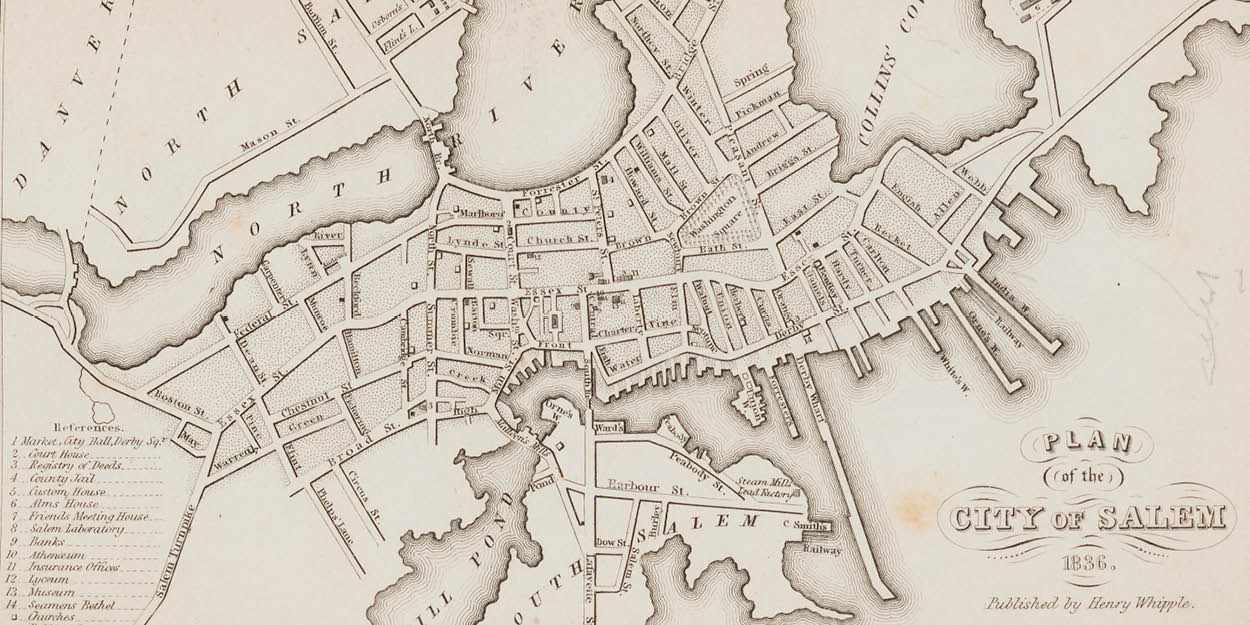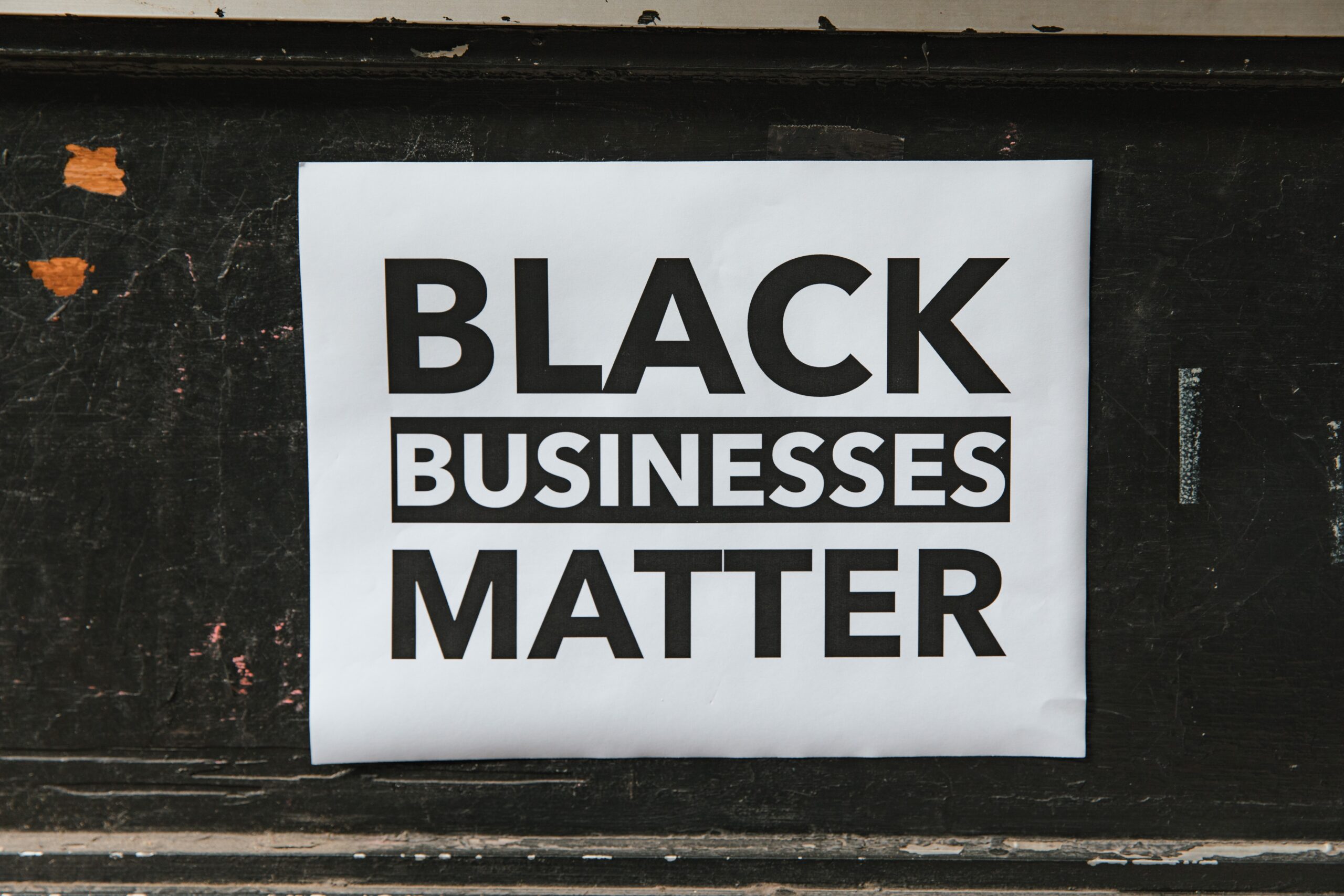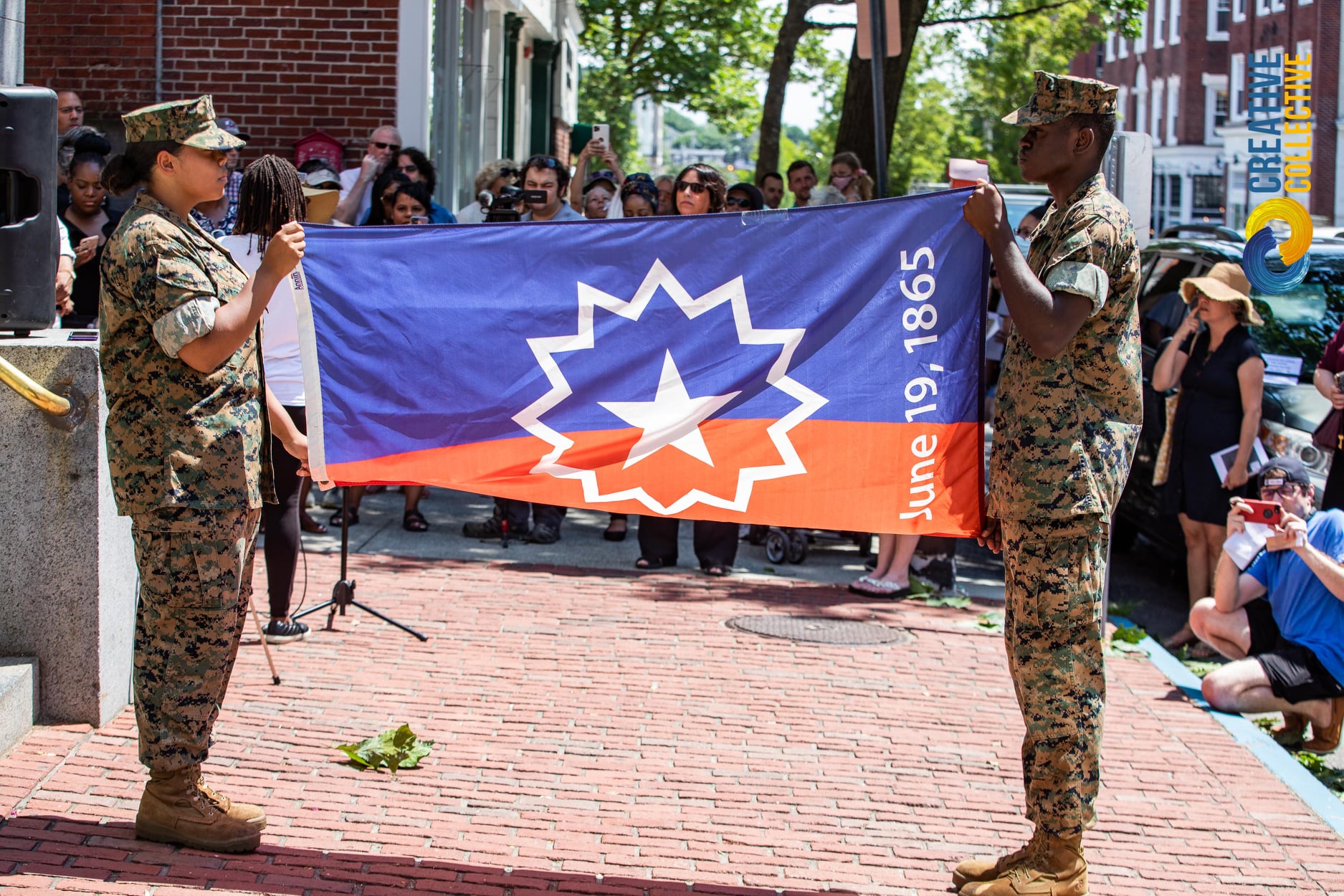

The Peabody Essex Museum (PEM) presents an exhibition drawn from its Phillips Library collection that explores how the 19th century struggle for educational rights began in Salem and led to equal education advocacy and reform across America. Thanks to the heroic effort by Black youth activists, students and parents, the Commonwealth of Massachusetts became the first state to outlaw school committees from classifying and dividing students by race. Through petitions, letters, newspaper clippings and court documents that capture the impassioned activism of Sarah Parker Remond, Robert Morris and other important youth leaders, visitors can experience firsthand the words and actions that changed the course of our school systems and our nation and understand how this fight continues today. Let None Be Excluded: The Origins of Equal School Rights in Salem is on view at PEM from April 23, 2022, through May 28, 2023, and is co-curated by Dan Lipcan, PEM’s Ann C. Pingree Director of the Phillips Library, and Dr. Kabria Baumgartner, Northeastern University’s Dean’s Associate Professor of History and Africana Studies and Associate Director of Public History.
In 19th-century Salem, the public school system was considered the city’s crown jewel and a point of pride for many residents. Despite the system’s success, in 1834 the Salem school committee suddenly began to separate children by race and to confine Black students to the newly established Colored School. In response, a vocal and organized activist movement arose, advocating for equal and inclusive education. “As agents in their own education, these young leaders used spirited words and actions to spark the national equal school rights movement by tethering education rights to democracy and racial equality, a position that still holds strong to this day,” said Lipcan. “This exhibition empathetically demonstrates how young people can be a force of powerful and lasting change in society.”


Photographer in the United States. Sarah Parker Remond, about 1865. Albumen print. Gift of Miss Cecelia R. Babcock. Phillips Library, Salem Streets Collection, PH322. Courtesy Peabody Essex Museum. Photo by Kathy Tarantola/PEM.
The first section of the exhibition, called Activists and Allies, looks at the key figures who authored editorials and petitions, spoke at organizational meetings and circulated petitions to local school committees and, eventually, to the Massachusetts state legislature. Another section looks at Black students and their teachers, orienting visitors to the equal school rights movement of Salem in the 1820s–1840s. Supporting documents espouse opinions from both opponents and proponents.
The exhibition benefited from a strong partnership with faculty and graduate students – Clare Nelson and Paul Martin – from Northeastern University’s Public History program, made possible by the generous support of the Spencer Foundation. Co-curator Kabria Baumgartner, who was a Malamy Fellow at the Phillips Library in 2018, wrote about the equal school rights movement in her recent book, In Pursuit of Knowledge: Black Women and Educational Activism in Antebellum (New York University Press, 2019). “This moment of protest in Salem changed the course of history in the United States forever,” said Dr. Baumgartner. “Because of the brave and outspoken Black youth activists in the past who worked consistently to make sure they were not excluded from opportunities afforded white children, there is active, ongoing work on equitable education policy in Massachusetts today.”
Visitors will trace the story of the abolition of racially segregated public schools and the legislation that made it illegal in Massachusetts to classify students by race. An accompanying response station asks what changes visitors would like to see in education today and how they might successfully petition for change. “As in the rest of America, public schools in Salem are often met with intense scrutiny,” said Lipcan. “These powerful documents bring to life the words of impassioned youth and their supporters who inspire us to remember that we the people have the power and that these are our schools. So we must ask ourselves: what do we want them to be and what do we want them to do?”
Enhanced Digital Access to Library Documents
PEM has teamed up with Quartex to share digital archival collections that celebrate and commemorate unique chapters in the history of Salem, MA. Concurrent to the opening of Let None Be Excluded, PEM will launch a collection of digitized exhibition documents and related materials for visitors to dig more deeply into the topic. The collection will go live to the public on April 25 at the following link: pem.org/letnone
The Phillips Library Digital Collections portal will be continually updated to include documents from the Salem Witchcraft Trials and collections such as the Winthrop Family Papers, Salem broadsides, images from the Great Salem Fire of 1914, and the Remond Family Papers, which include letters and papers concerning the Black businessmen and anti-slavery campaigners John Remond and his son Charles Lenox Remond.
What is Creative Collective?
Creative Collective is a group of economic development strategists, small business supporters, activation specialists, and believers in the importance of the creative workforce. We foster growth, sustainability, and scalability for small businesses, creative thinkers, organizations, entrepreneurs, and innovators.
Learn more and join Creative Collective at www.creativecollectivema.com/join







